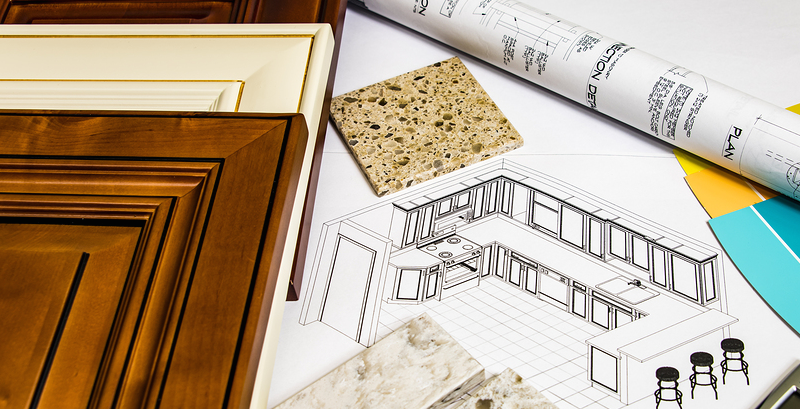Ten Ways to Make Buying a Fixer-Upper Worth It
Before buying a fixer-upper, consider these tips to ensure this option is right for you, and planned renovations prove profitable.
1 . Consult a real estate agent to find out more about the neighbourhood
The real estate history (recent sales, pricing) of a neighbourhood will tell you if investing in a fixer-upper is worth your time and money. An agentcan advise you on community news, including property development, environmental projects and other factors that will have positive and negative effects on your home’s resale value.
2. Schedule an extensive home inspection
Houses that need work may contain structural or cosmetic concerns, so it is important to know what elements need to be fixed in order to work those costs into your budget. Invisible upgrades (electrical, plumbing and heating) can be expensive fixes that don’t always increase a house’s value because they are naked to the eye of a potential homebuyer.
3. Request an estimate from a contractor
Based on an assessment by a certified contractor, determine how much money you’ll need to set aside for desired upgrades.
4. Know what you’re getting yourself into – both financially and personally
When buying any house, it is important to stay afloat and avoid swimming in debt. Fixer-uppers aren’t just hard on your wallet. Renovations can be disruptive, stressful and time-consuming, so it is imperative to have a solid financial plan in place and your family’s lifestyle taken into consideration prior to purchase.
5. Work out a schedule
Knowing if and when you plan to buy [?] your house can help you manage your renovation schedule and budget accordingly.
6. Know the law
Contact your local municipality office and request information on your city’s building permit laws before undergoing any renovations. Many large structural changes (additional storeys, extensions, decks) require a building permit. Future buyers might request proof of permits on condition of sale.
7. Don’t over-improve for the market
Once the renovations start rolling, you might not want them to stop. Designing your dream home is tempting, but only if the housing market will reimburse you for your efforts. Finishings (wood, stone, hardware) should be in line with houses in the neighbourhood.
8. Stretch your money
Forgo expensive wooden kitchen cabinets in lieu of higher quality countertops. Prime features of a home(luxury work surfaces, flooring, appliances, lighting) hold their value more than cosmetic fixes (paint, cupboards, carpet). Opt for energy efficient appliancesthat will save you money during residency and will be an attractive detail on resale.
9. Avoid over-customization
Remember that people’s tastes vary, so pull back on any customization that might discourage potential buyers.
10. Challenge yourself
Renovating is an excellent opportunity to try do-it-yourselfprojects. Simple changes like paint colour or swapping cabinet hardware are easier ways to be involved in your renovation and can also save you on labour costs.
This post was was written by Genworth Canada, it was originally published here.




